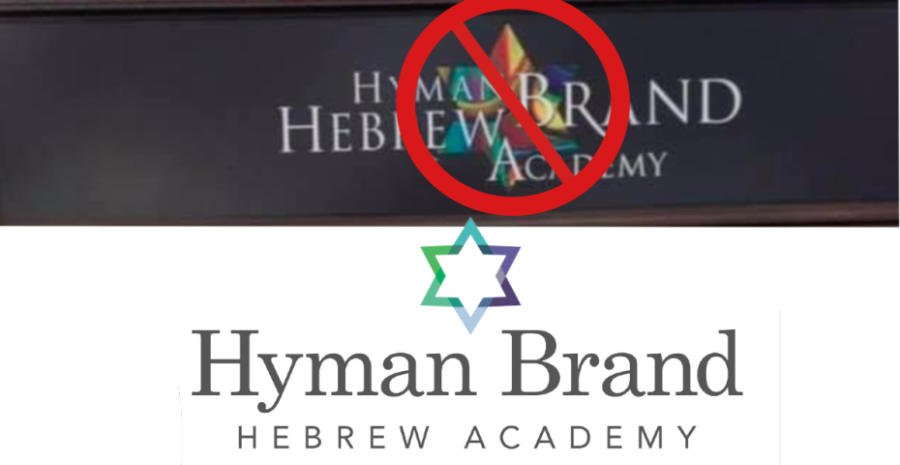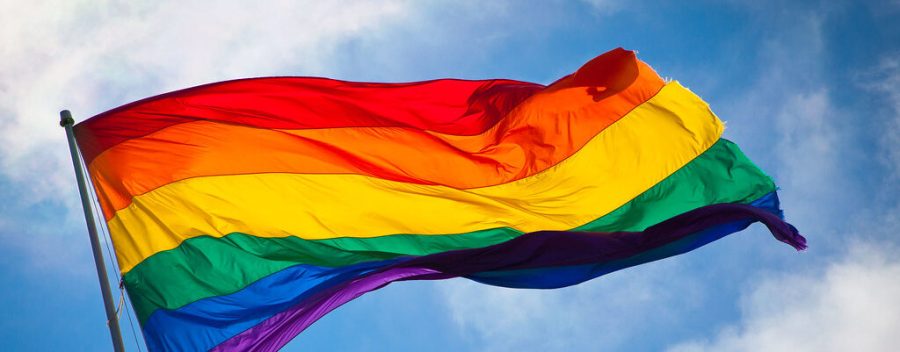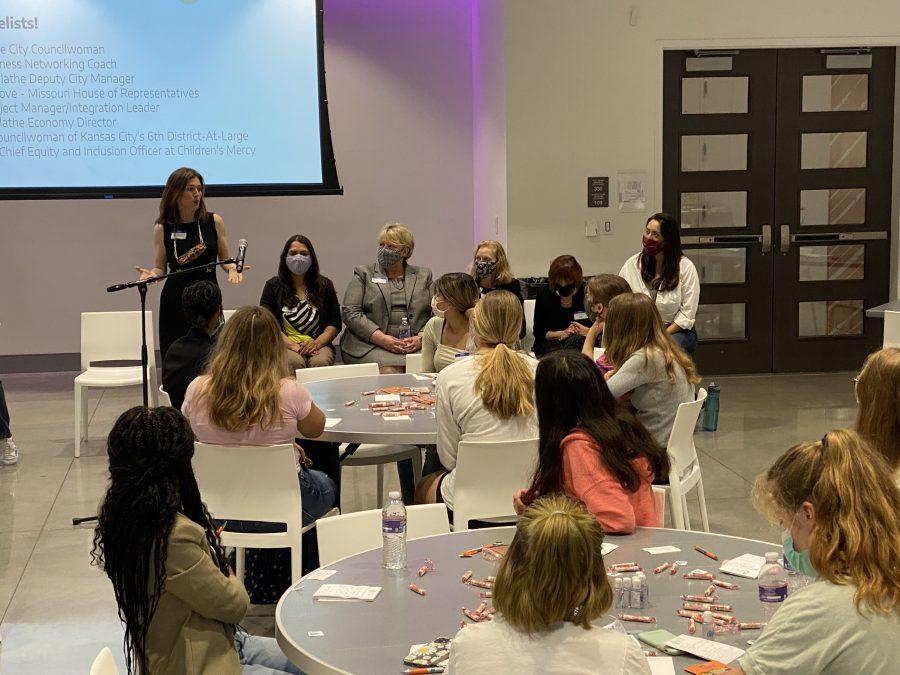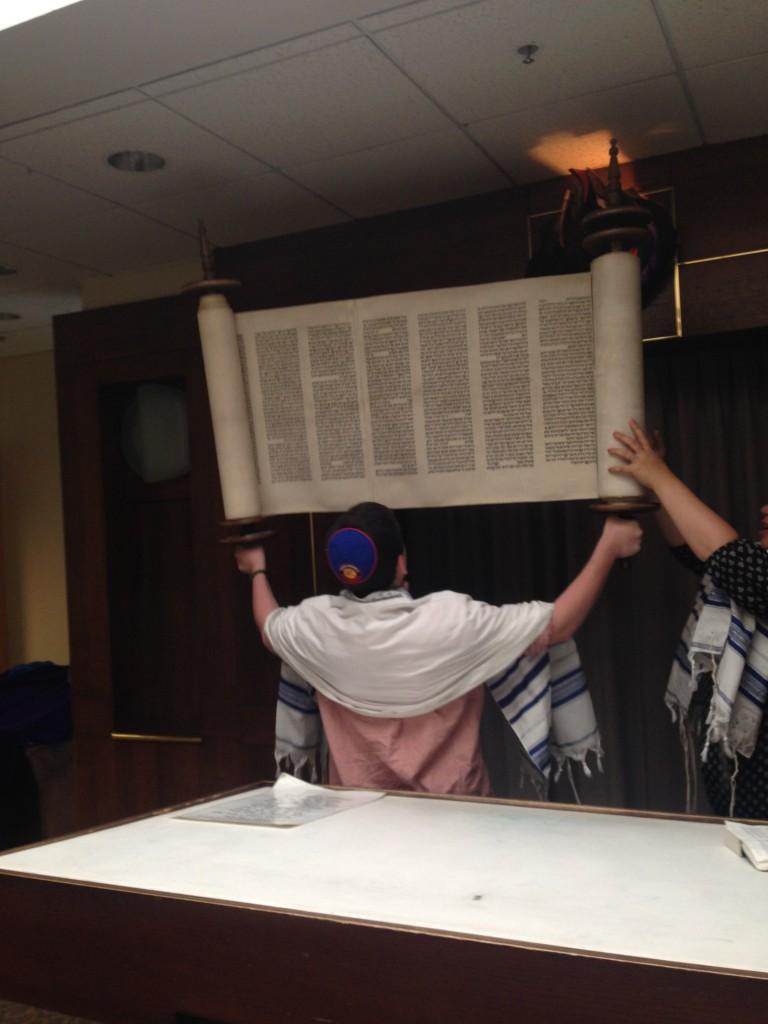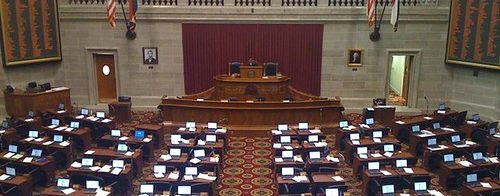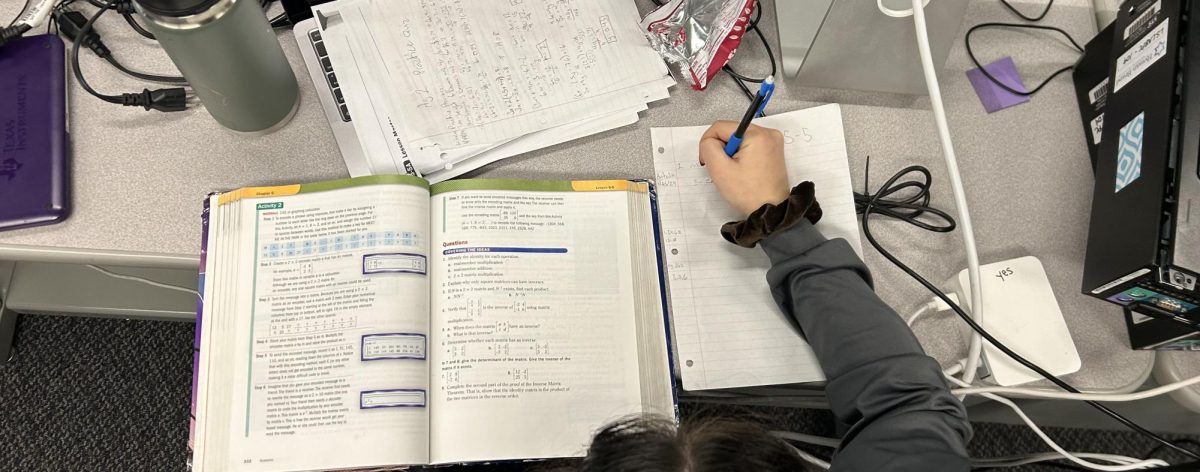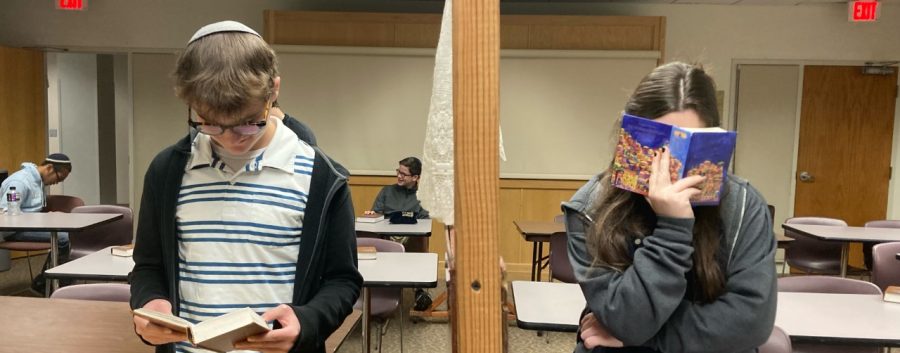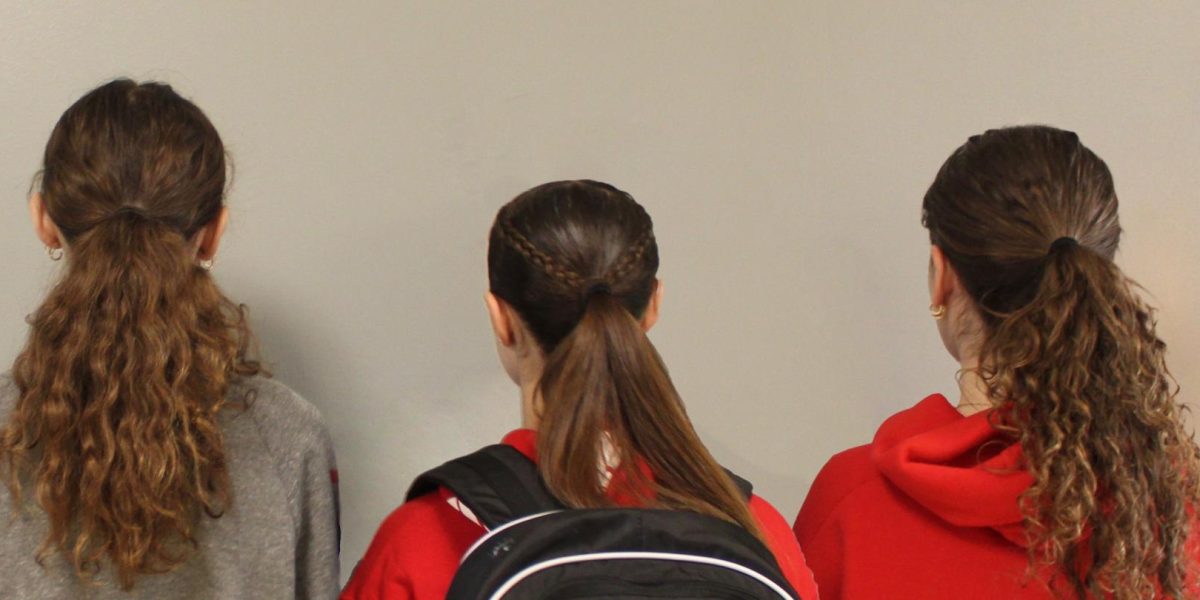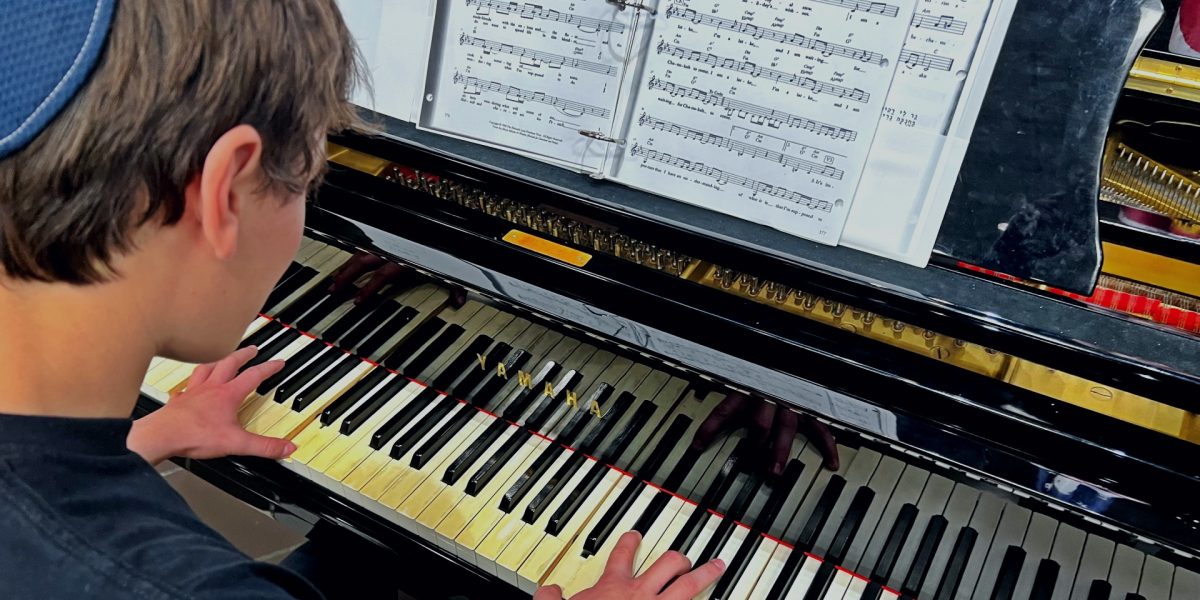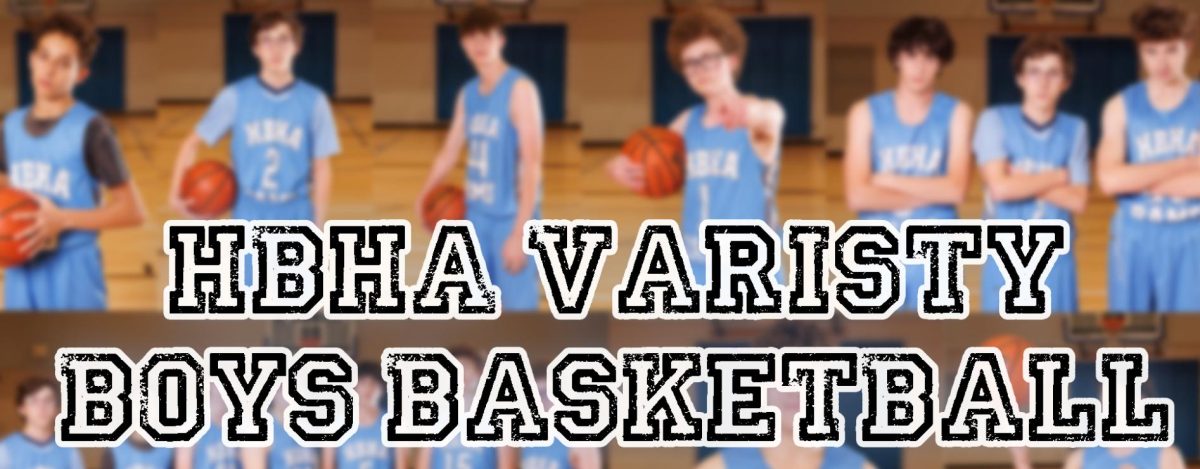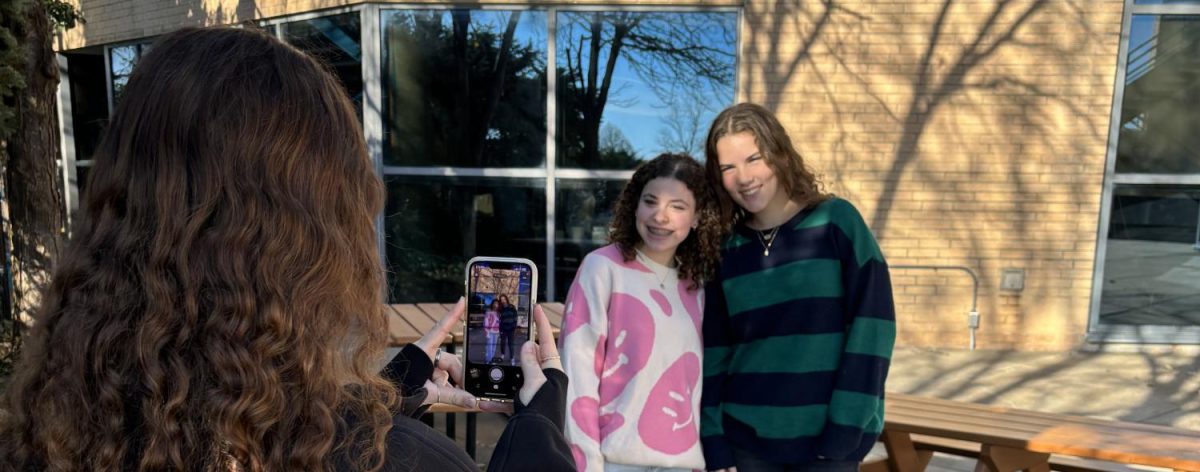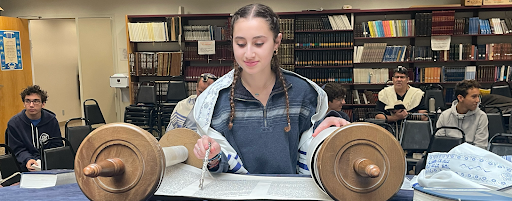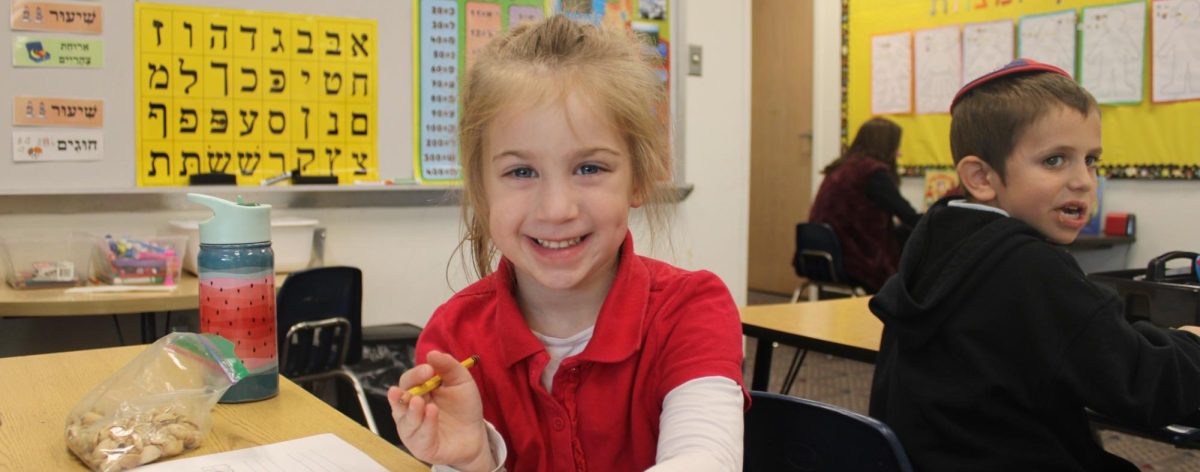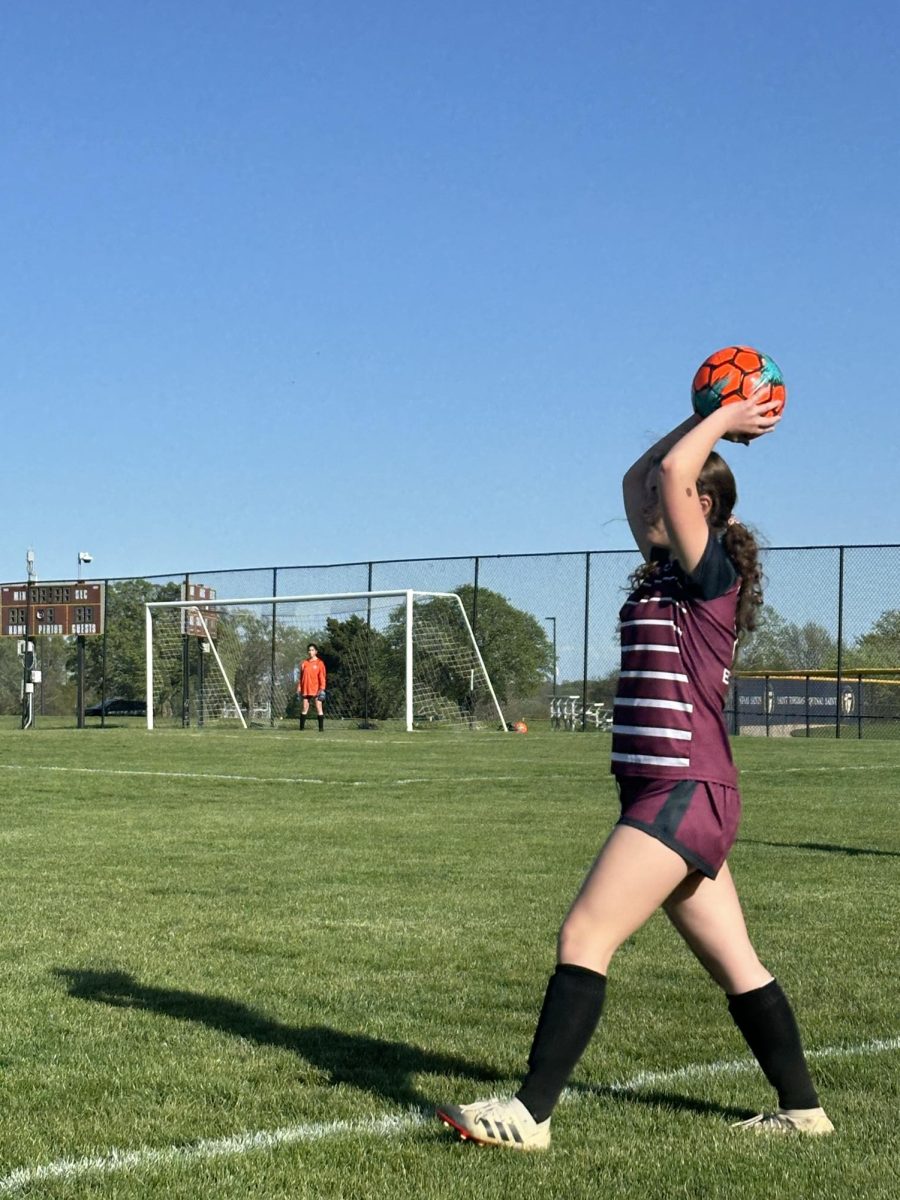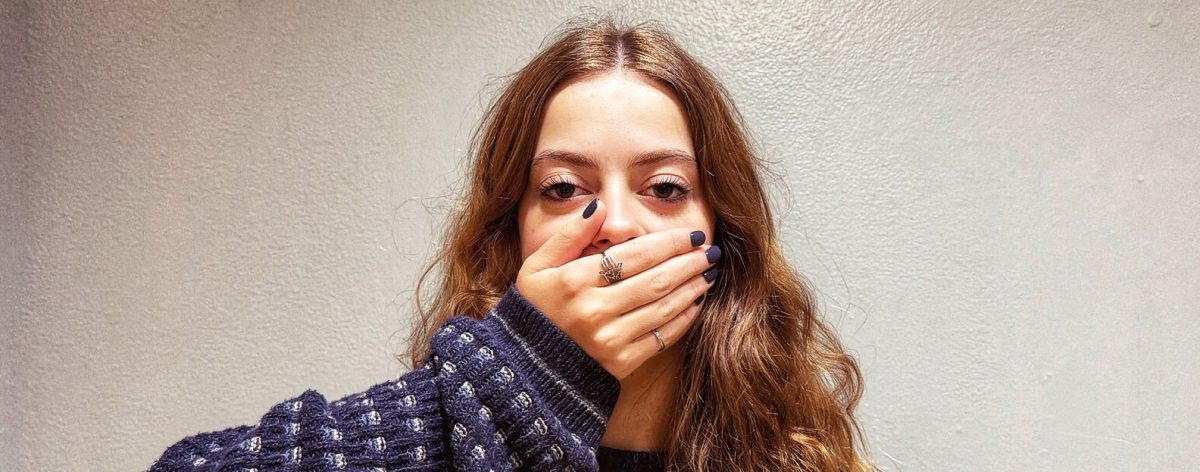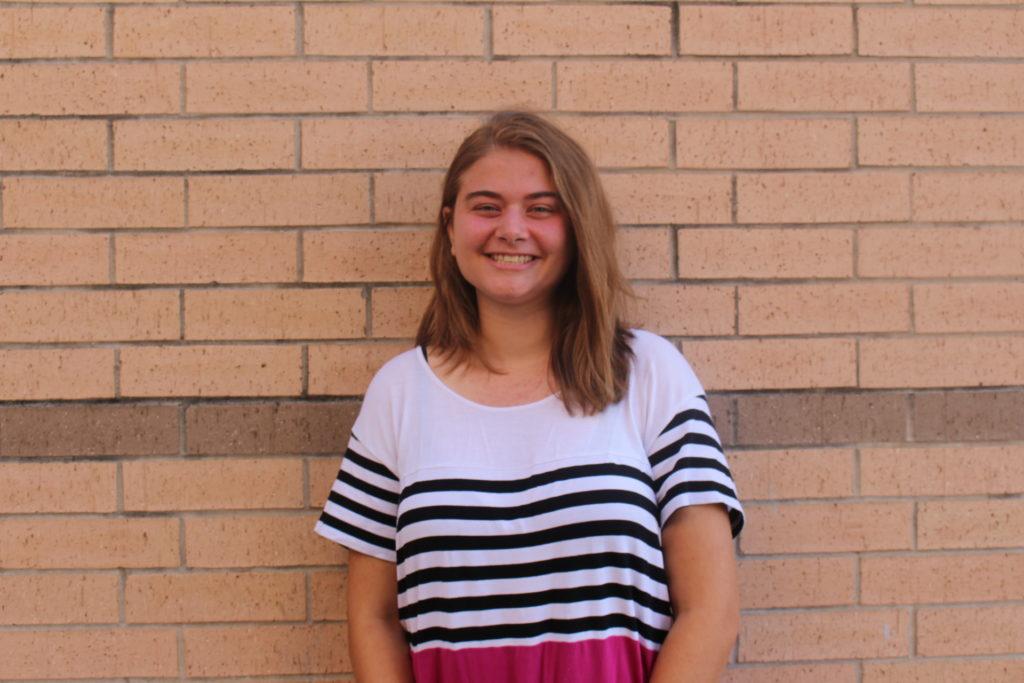
Shabbat Shalom, this week’s Torah portion is Re’eh. At the beginning of Re’eh, Moshe tells the people of Israel that he has placed a curse and a blessing that will come whether they abandon or fulfill God’s commandments, once they reach the Land of Israel. Moshe continues to tell the People of Israel of the commandments they shall do when they enter Israel. The people will build a temple for God to dwell in and where sacrifices will be brought.
Moshe continues to tell the People, what they should do in the Land of Israel, the land of their inheritance. Moshe tells them not to add nor subtract from the list of commandments that he is giving them. One rule that Moshe tells them is, if a false prophet comes and invites you to worship other gods, then this person should be put to death.
The parasha continues by repeating the list of signs for identifying Kosher animals and a list of non-kosher birds are given. Moshe continues to tell the commandments for when the Israelites are in the Holy Land. The concept of bringing a tenth of all your produce to eat in Jerusalem is told and if you are unable to carry it, then you are to exchange it and purchase food when you are in Jerusalem.
Parasha Re’eh ends with the laws of three festivals, Passover, Shavuot, and Sukkot, where you should go to see and be seen by God in the Holy Temple.
In the end of the parasha, when it is discussing the holiday of Passover, in chapter 16 verse 8, it says
שֵׁשֶׁת יָמִים תֹּאכַל מַצּוֹת וּבַיּוֹם הַשְּׁבִיעִי עֲצֶרֶת לַיהֹוָה אֱלֹהֶיךָ לֹא תַעֲשֶׂה מְלָאכָה:
“For a six day period you shall eat matzos and on the seventh day shall be an assembly to Hashem…”. What kind of assembly shall be done? During this assembly, what should the people be doing to God? Also, why is the word עֲצֶרֶת translated to mean assembly in some verses but in others it is translated as meaning halt?
After reading this verse, I came to the understanding that using the word assembly or halt can have the same meaning, in either case you stop celebrating the holiday and stop doing work to take time to remember the holiday.
According to Sforno, a 16th century Italian Rabbi, the word means to gather, a time when the people should gather to serve and praise God. Another commentator, R’ Hirsch, a 19th century French commentator, explains, that on the last day the people should gather their thoughts and lessons that they learned during this holiday. By doing this, these lessons will stay with them for the days, months, and years to come, that once the holiday is over, you will not just forget them. Rashi also adds that one should not do labor on the last day.
From this verse we can learn that at the end of Passover and any other holiday, we should take time and remember what we have done throughout the holiday. We should remember the mitzvot we have completed and reflect upon what we want to achieve either in the next time of the same holiday or of a different holiday. Also, that we should not be doing the mitzvot of each holiday just to do, rather we should do them to enjoy the holiday and find entertainment with them. One example of a time this occurs is with breaking the fast on Yom Kippur, we take the time to one eat, but also to reflect on the day and be ready for the next. This does not always have to relate to a holiday, it can relate to a time where you take a break from what you were doing and reflect upon different things in your life, maybe things you want to do better or things that you would like to achieve.








